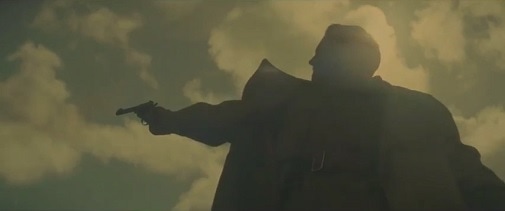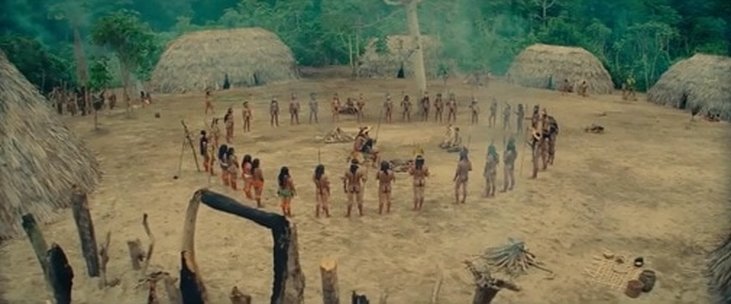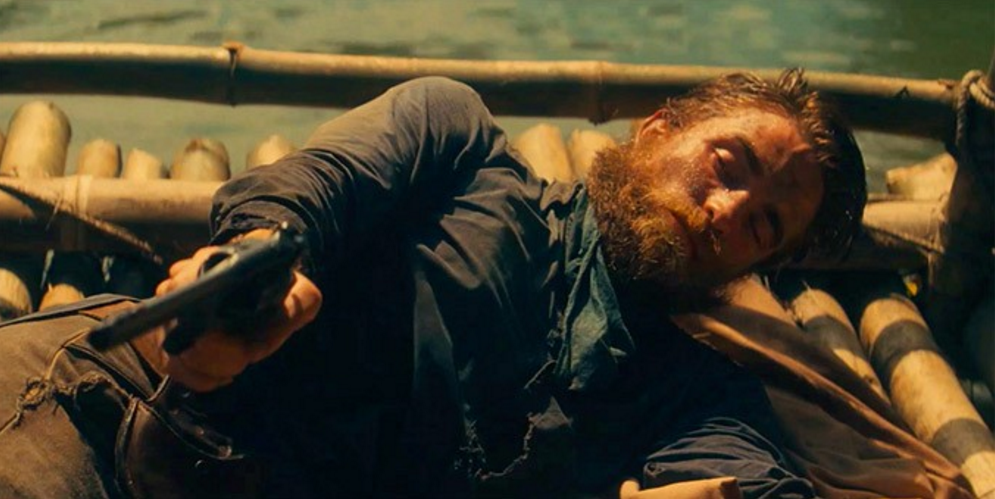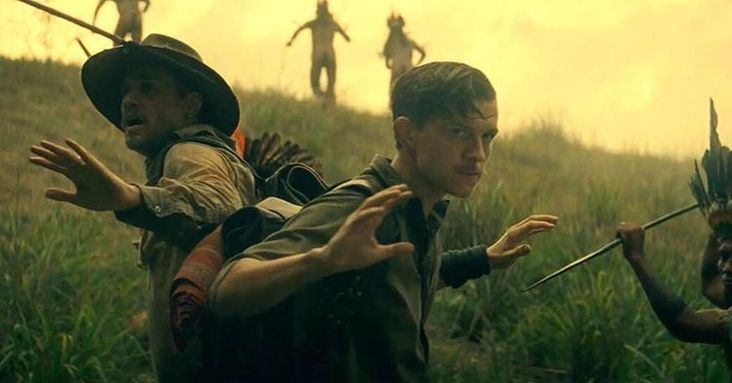 James Gray's The Lost City of Z is a rich, layered tapestry about the human condition, an "adventure film" based on the true story of British explorer Percy Fawcett, which is complex and introspective, examining various aspects of humanity as it relates to family, status, ambition, culture, nationalism, and power. The Lost City of Z tells the story of a man who journeyed deep into the Amazonian jungle at the onset of the 20th century, intent on discovering an advanced, lost, civilization despite being ridiculed by the scientific establishment, who regarded the indigenous people of the region nothing more than savages. Through Gray's engrossing and detailed narrative, The Lost City of Z is a film that touches on the absolute necessity of individualism, with Percy Fawcett being a character who routinely must resist the indoctrination of his culture, one which has narrow-minded convictions about the potential of another culture unlike their own. Through Percy Fawcett's pursuit of evidence, The Lost City of Z details how complex it is to deconstruct a mind which has been so indoctrinated by its version of truth, detailing the arrogance of humanity which runs rampant and restricts progress, whether it be fueled by cultural, state, or religious indoctrination. James Gray's film is both intimate and grandiose in its deconstruction of this character, detailing a man who is first a foremost a truth-seeker, who refuses to simply accept what he is told. Humanity pretends to have such a great understanding of the world, but Gray's biopic of British explorer Percy Fawcett reminds the viewer that this is merely a deceit we tell ourselves as individuals, with The Lost City of Z exemplifying the importance of dreaming big and never letting society define or dictate one's beliefs or pursuits. James Gray is a filmmaker who fully understands that little decisions in life are simplistic or binary, and his treatment of Percy Fawcett is a beautiful illustration of that, exposing a man who is partially fueled by status and pride. When we are first introduced to Percy Fawcett he is a man who is chasing rank in the military, a man who doesn't feel accomplished at all due to his inability to receive accolades in the form of medals for his accomplishments, a struggle he faces due to his individualistic decisions that didn't conform to the group identity. It's his desire to prove his worth which initially sets him on his quest in Amazonia, with his pride blinding him to what is right in front of his face, in the form of his loving wife and young son. Through Percy Fawcett's intent to gain notoriety, he sacrifices time away from his family, and while James Gray's film never demonizes him for these actions, the film doesn't shy away from showing the pain and strain it causes, as Percy Fawcett attempts to forge his own path and legacy despite the forces of society which oppose the mere though of a civilization other than theirs sharing the same potential for knowledge and innovation. Percy Fawcett is a man who only has his families best intentions at mind throughout, but he at times, especially early on, is too consumed by societies' definition of personal worth and prestige. Through this man's journey, The Lost City of Z captures the utter importance of culture itself, showcasing how our differences aren't a curse but a blessing in a lot of ways, with humanities abilities to share these distinctions and differences being the key to prosperity, mutual gain, and hopefully peace. One example of this captured through the rich socialite James Murray, who accompanies Percy Fawcett on his journey to find the Lost City of Z, a man whose arrogance and preconceived notions about a culture different than his nearly destroy him, with Gray capturing how he is the real savage, a man whose only mission in the end is self preservation. Gray's film wisely exhibits the distinction between individualism and selfishness through the juxtaposition of Percy Fawcett & James Murray, something which is often conflated by many who foolishly view them as one and the same. Through this film's praise of Percy Fawcett's individualistic pursuits, The Lost City of Z also says something about nationalism and the destructive power of nation states themselves, detailing how states, in their quest for more power or influence, tend to bring nothing but pain and suffering to the individual, who often feels a false notion of allegiance to this tribalistic, collectivist ideal of a nation state. A complex, intricate, wholly introspective biopic about British explorer Percy Fawcett, James Gray's The Lost City of Z is a grandoise examination of humanity and life itself, a film that beautifully and un-sentimentally pleads to the viewer to dream big.
0 Comments
Leave a Reply. |
AuthorLove of all things cinema brought me here. Archives
June 2023
|



 RSS Feed
RSS Feed
